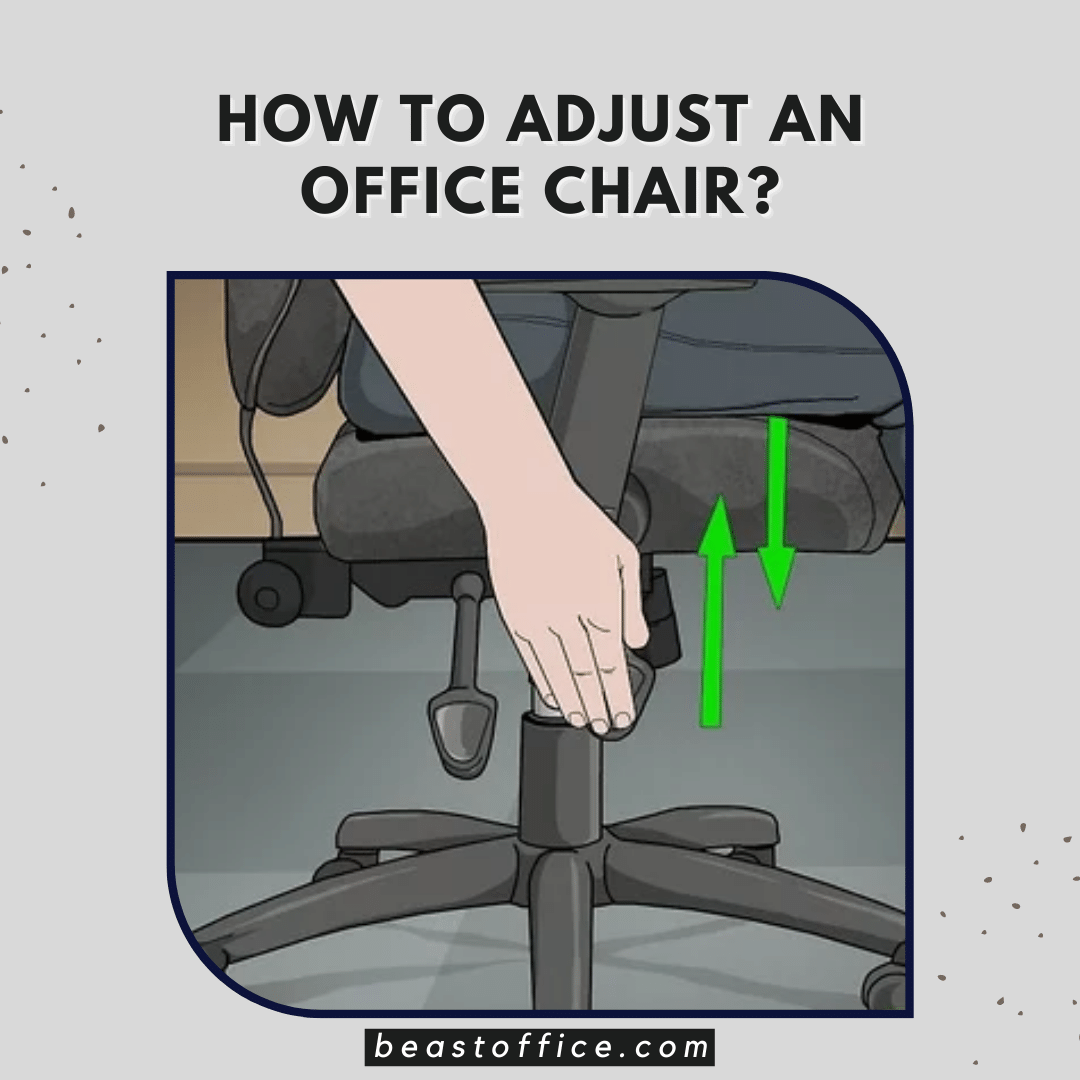Take the time to plan everything out carefully so that your departure is as smooth as possible.
We'll provide you with all the information you need to make an informed decision and the way how to tell your boss you’re quitting, helping you prepare for the tough conversations that will likely follow. So don't wait - start planning your exit today.
How to Tell Your Boss You're Quitting - Trouble-Free Ways
When a company hires you, they trust you and invest in you. Their workflow is based on the assigned work to you. For example, a car is designed to run with four wheels if one of them bursts. What may happen?
The car may not run anymore until it returns to four wheels again.
Similarly, when a company hires an employee for some work, they start moving their car according to the plan. Now it's not a matter of discussion that you can't leave your job at all, but only you need to know how to tell your boss you're quitting professionally.
Don't Burn The Bridges
If you are leaving for other reasons, such as moving or family issues, you should talk about it with your boss first. Your boss may want to help find a replacement or keep your position open until someone else can hire. It would help if you also planned how long you would need to stay in the office before leaving so the process can go smoothly.
Quitting Your Job Is Not the Same as Being Fired
When someone quits their job, they choose not to work for their employer anymore. This is different from being fired because someone was let go because they did something wrong or violated company policy.
Tips for the Decent Resignation Process

The following tips can help you tell your boss that you're quitting:
Don't Wait Until the Last Minute
Don't wait until the last minute to tell them. Give yourself enough time to find another job before quitting so you don't run out of money immediately.
Be Prepared for Possible Objections
Prepare yourself for possible objections from your boss and coworkers. Try to talk to them — especially if they are close friends outside of work hours and may get upset when they learn that they won't see each other as much anymore (or at all).
Don't disclose before letting the manager know
Don't tell anyone else about your plans until after you've talked with your manager. It's not fair to other coworkers if there's a chance that they'll be asked to cover for your position while it's open.
Be Helpful to the Management
Make sure you've got all of your ducks in a row before talking with management about leaving — including having an updated resume on hand and any other materials that could help them find a replacement quickly and easily (like training materials or presentations).
Request to Do it in person
A phone call or email isn't nearly as effective as a face-to-face conversation when quitting a job, so try to arrange a meeting with your boss when they're not busy so they can give their full attention to what you have to say firsthand. Bring documentation of your time (such as copies of emails or memos), so you don't forget anything important.
Be polite In-Person Meeting with the Boss
Even though your resignation is final and irrevocable, there's no need to be rude or disrespectful while quitting. Even if your employer hasn't been treating you well lately, remember that leaving on good terms will help maintain your reputation among future employers and increase the likelihood of getting a good reference from them.
Advance Notice
Give your boss advance notice. The more time they have to fill your position, the better. Give them at least two weeks' notice if possible — or even longer if they need time to find a replacement.
Prepare your Resignation Draft
If you want to quit because of personal reasons, like family issues or health problems, be sure to write them down so that when you speak with your boss about quitting, he understands why you are leaving the company.
Hand over your resignation letter after discussing with your boss what would be the best time for both of them
It is important to discuss this topic with your boss before handing over the letter of resignation so that they know what is going on and can help find someone else who could fill in for them while they are on leave or taking care of their family issue etc.,
Offer to facilitate position transition
If there is no one else available to fill your role immediately after your departure, offer to stay on board until they find someone new or tell them when they can start interviewing candidates. This will help ease the transition while assisting them in retaining their current clients and projects until they find a replacement.
Things to Consider Before Leaving a Job
State of Emergency
Don't quit without giving notice unless there's an emergency that requires immediate attention (e.g., abuse from customers or coworkers). If possible, try negotiating an end date with the company so they have time to prepare for the change in staffing level — this will also give them time.
Find Another Job Before Resigning
If possible, try to find a new position before telling anyone that you're leaving — this way, if things don't work out with the new company, at least there's still an option for returning to your old one if necessary.
Decent Citations

Ethically, when you left a job, you should never say, "I quit."
Always say, 'I'm leaving,' as if someone has died and you're saying goodbye."
If you're leaving for another job, say, "I'm taking the opportunity to go to this other company because ..." Then mention the new opportunity. That way, your boss doesn't get angry at you for quitting without warning. It makes your departure seem more like an expected career move than an abrupt resignation.
Possible Questions
Possible questions and their relevant professional answers:
Why are you leaving?
"It's time for me to expand my skill set, gain new experiences and work on projects I'm passionate about."
Are you happy at work?
"Yes, This company means a to me a lot. This company built me, but I was nothing."
How long have you been thinking about this?
"It's been on my mind for a while now — I just needed time to think about it. But after careful consideration, this is the right decision for me."
What are your plans after leaving?
"I'm looking forward to exploring different options available to me."
"Did something happen here that made you decide to leave?"
(If yes) "What was that?"
(If no) "Nothing specific."
Prepare your Resignation Diplomatically
- Thank your boss for all their help along the way.
- Express gratitude for the opportunities given to you by your company.
- Explain why you are leaving and why it's in the best interest of both parties involved.
- Prepare a written statement summarizing all of the good things about working together.*
- Ask questions about what will happen next.*
- Listen carefully.*
- Thank them for their time and consideration.*
- Respectfully accept their decision if they refuse permission for you to resign.*
- End on a positive note if at all possible.*
Things to Follow While Resigning
- Don't announce your resignation on social media.
- Be honest and straightforward with your boss.
- Give two weeks' notice if possible.
- Follow up with a handwritten thank-you note.
Resignation Letter - Sample
Letter of resignation
[Date], [Your name]
[Title]
[Company name]
Dear [Name],
With great respect, I regret that I must tender my resignation from the post [ ]. I have learned much from you in the time we've worked together, and I will always be grateful for the opportunity to work here.
Please accept this letter as formal notice of my resignation from my position at [ ] immediately. The company has been a wonderful place to work, and I hope to continue our relationship in the future.
Thank you for all you have done for me over the years and for showing me how to be a good employee and person. I wish you all the best in the future.
Sincerely,
[Your Name]
Final Words
Thanks for reading! If you’re wondering how to end your job search and tell your boss that you’ve decided to quit, keep reading. The key is preparation. We have focused on not breaking the bridge between you and your boss because you both may collaborate once again in the near or far future. There must be positivity when leaving one place, which may go good marks forever.
Related Article








